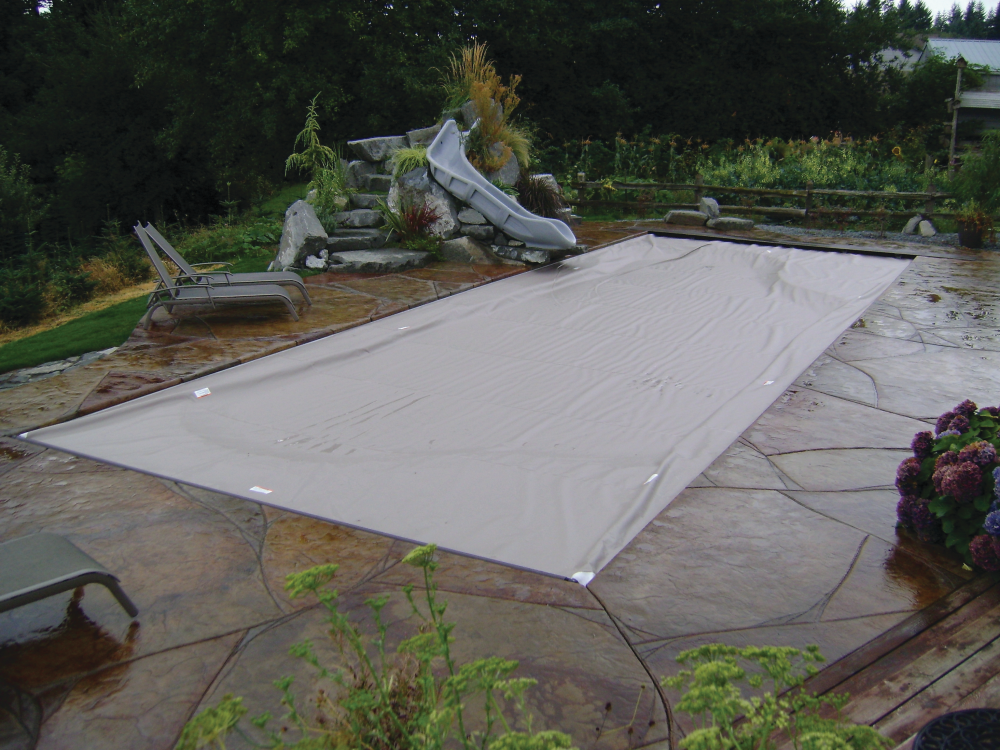Winterizing your in-ground pool and spa can mean very different things to pool owners depending on where they live. Pool owners in California, Florida, and the other southern “sunbelt” states in between, may not have to change their routine much at all. They can most likely just continue the same testing and balancing schedule year- round. But pool owners in colder areas, where freezing temps are the norm for the winter months, will need to cover and close their pool and spa completely.
But no matter what latitude you live in – pool and spa water care doesn’t stop in the winter!
Winter Water Care in the Sunbelt
If you own a pool in the more temperate climates, you’re fortunate to be able to enjoy your pool and spa all year round. Even if the pool water is too cold for swimming, you can soak in a warm spa or simply gaze at the beautiful water and enjoy the sights and sounds your poolscape offers. And regular water testing and balancing is what ensures that your water stays beautiful!
Whether you maintain your pool yourself or rely on professional pool service, as long as your pool has water in it and your pump is running, your pool water requires regular testing and balancing. But colder temps can impact your water samples and testing. Check out this article for tips on how to adjust pool and spa water sampling when temperatures drop.
Continuing your regular water testing and balancing routine throughout the year helps ensure that your water stays beautiful to look at throughout the winter and your pool will be swim-ready when you are in the spring.
Winter Water Care in the Snowbelt
If you live in an area that experiences regular freezes, it is likely necessary to completely close your in-ground pool in the winter. The process includes testing and balancing the water and adding chemicals included in a special “winterizing kit”, then partially draining your water to just below the skimmer intake, removing all water from pipes and plumbing, removing your pump and other equipment, and adding a winter cover or safety cover.
But there are still many variables to consider. When to close your pool depends primarily on temperature. For instance, to avoid algae growth, you don’t want to close your pool too early (when temps are still above 65◦ F). If you’re lucky enough to have an automatic pool cover and/or if freezes in your area don’t typically last too long, a local pool professional can advise you if a partial closure may be a good solution for you.
But even with a fully covered, winterized pool, it may be necessary to pull back a portion of your cover every few weeks to visually check the condition of your water, check the water level to ensure there are no leaks, and collect a water sample for testing. Check out this article for tips on how to adjust pool and spa water sampling and testing for colder temps.
Even in the winter, regular testing and balancing can make a big difference to the overall life of your pool and go a long way toward making your spring opening faster and easier. If you need help making decisions about the best winter pool water care routine for your pool, your local pool service pro or retailer can be a great source of advice and information about the best way to maintain your pool throughout the winter months.

